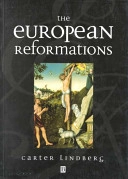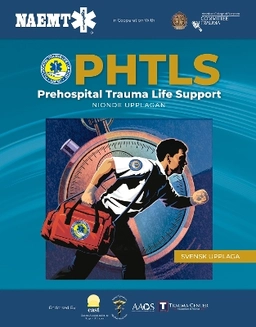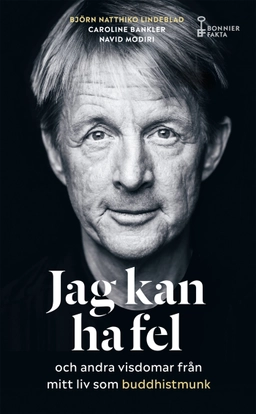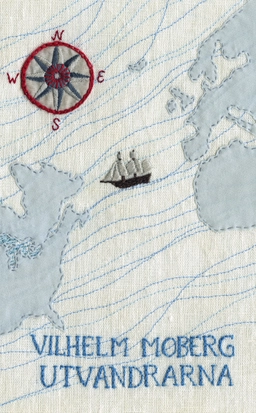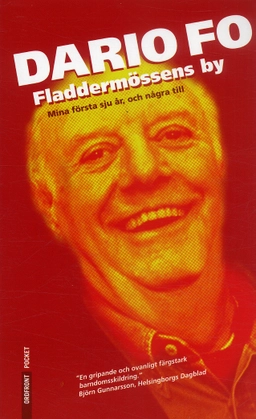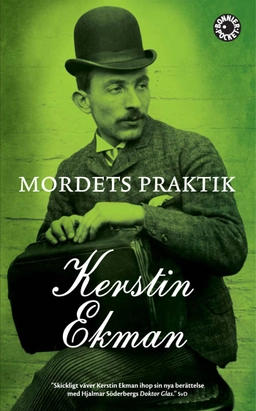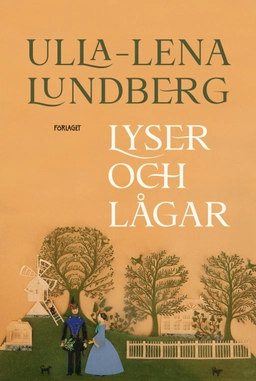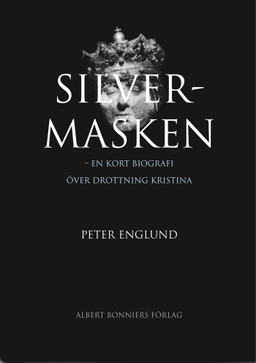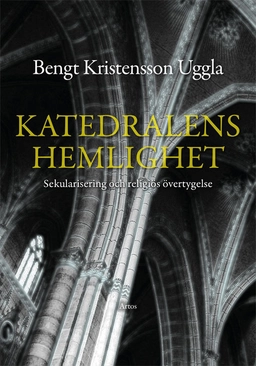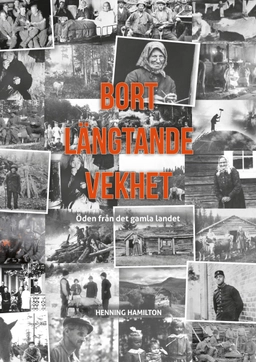This narrative description and analysis of the European Reformations of the sixteenth century begins with a chapter on the history and historiography of Reformation scholarship and concludes with an extended reflection on the Reformations' religious, social, and cultural legacies. The storyline sets the initia Reformationis in the context of late medieval social, economic, and religious crises, and traces its differentiation through a series of internal and external crises into various Reformation movements which acquired specificity through confessionalization. The conceptual interpretive framework is that of intellectual and religious history. Throughout the text the complementarity of events and structures, ideas and social forces, theology and popular religion are woven into the accounts of the reforming movements and their leaders. Along with textbook coverage of the dialectical relationship of the Reformations and early modern culture, attention is given to the Reformation's impact on attitudes and legislation concerning social welfare, education, toleration, women and the family, and Jews.
The text is supplemented by twenty illustrations, maps, genealogies, a chronology, and bibliography.
Åtkomstkoder och digitalt tilläggsmaterial garanteras inte med begagnade böcker
